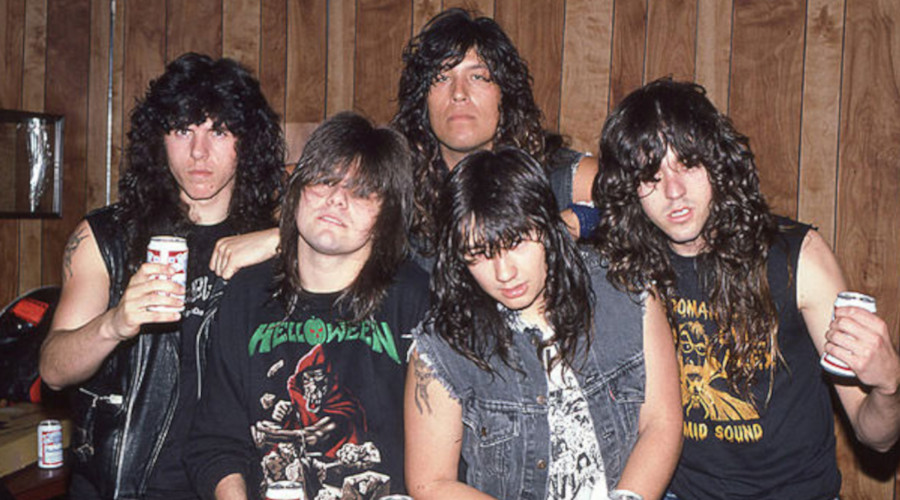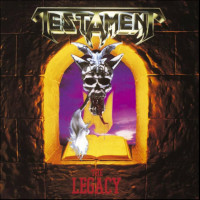Testament: The Early Years — From Legacy Demos to Bay Area Thrash Powerhouse
Origins: From Garage Riffs to the Bay Area Scene (1983–1985)
What would become Testament first sparked in 1983 when guitarist Eric Peterson and his cousin began crafting fast, riff-driven songs inspired by the hard-edged metal of the era. Early rehearsals and backyard shows quickly turned serious as Peterson, bassist Greg Christian, and drummer Louie Clemente built a chemistry that wanted louder stages.
The band operated under the name Legacy and cycled through local venues across the San Francisco Bay Area — a hotbed of thrash energy where speed and technical chops were currency. The early Legacy sound combined pummeling rhythms with uptempo guitar work, a template that would harden into something unmistakably theirs.
Lineup Moves, Demo Tape, and the Arrival of Alex Skolnick
Lineup churn is part of most origin stories, and Legacy was no different. By mid-1985 Derrick Ramirez had left and in came a teenage lead guitarist whose precision would define much of Testament’s early voice: Alex Skolnick. Skolnick’s chops—trained under well-known instructors and hungry for speed—matched the band’s growing ambitions.
Their 1985 demo — a raw, four-song slab of thrash — circulated in the underground and opened doors. Demo tapes like this were the lifeblood of the scene: swap one with another band, get a college radio spin, show it to a label rep. Legacy’s tape did the job, building the buzz that would lead to a record deal.
The Chuck Billy Era Begins (1986)
Vocalist changes can make or break a metal outfit. When Steve Souza left Legacy in 1986 (he later joined Exodus), the band recruited Chuck Billy, whose powerful, gravelly delivery gave the songs teeth and an identity. Billy’s voice was a perfect counterpoint to Skolnick’s fretwork and Peterson’s rhythm riffs.
From Legacy to Testament: A Forced Rebrand That Stuck
Just as they were about to step into the wider world, Legacy hit a snag: other bands were already using the name “Legacy,” and legal complications meant the group couldn’t keep it. The solution was to pick a new moniker that matched the gravity of their music. They chose Testament, a name that landed hard and suited the darker, more epic bent of their songs.
With the new name, a solid lineup—Peterson, Skolnick, Christian, Clemente and Billy—and a demo buzzing, Testament signed with a label that specialized in heavy sounds and prepared to record their debut.
Recording ‘The Legacy’ and Blasting Into 1987
Their debut album—ironically titled The Legacy—arrived in 1987 and immediately drew attention. It captured the ferocity of their live shows: tight riffing, breakneck tempos, and solos that showcased technical skill without losing aggression. Tracks from this era proved Testament were not imitators but an emergent force in American thrash.
Touring and exposure on metal outlets of the day spread their name beyond the Bay Area. By the time their follow-up appeared, Testament had established themselves as one of thrash’s most reliable young acts.

